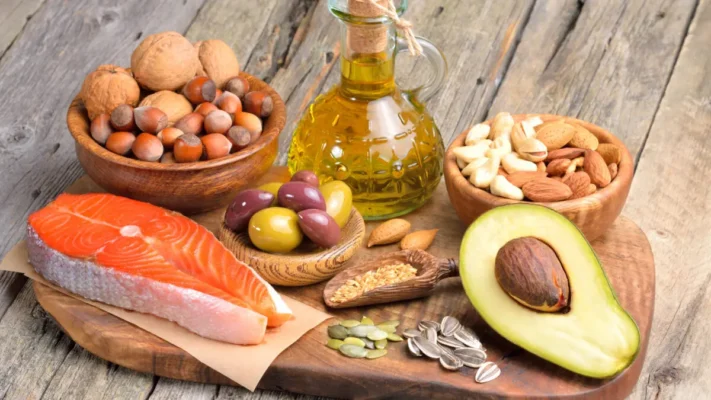Constipation is a common digestive issue characterized by infrequent or difficult bowel movements. While occasional constipation is normal, chronic constipation can be uncomfortable and disruptive to daily life. Natural remedies can provide relief without the need for harsh laxatives. Here’s an overview of effective and gentle natural remedies for constipation.
1. Increase Dietary Fiber Intake
Fiber adds bulk to the stool and helps it pass more easily through the intestines. There are two types of fiber: soluble and insoluble. Both are important for digestive health.
- Sources of Soluble Fiber: Oats, apples, citrus fruits, carrots, and barley.
- Sources of Insoluble Fiber: Whole grains, nuts, beans, cauliflower, green beans, and potatoes.
Tip: Gradually increase fiber intake to prevent bloating and gas, aiming for 25-30 grams per day.

2. Stay Hydrated
Water is essential for digestion and regular bowel movements. Dehydration can lead to harder stools, making them more difficult to pass.
- Recommendation: Drink at least 8 glasses (64 ounces) of water daily. Herbal teas and clear broths can also contribute to your fluid intake.
3. Regular Physical Activity
Exercise stimulates intestinal contractions, helping to move stool through the colon more efficiently.
- Suggested Activities: Walking, jogging, swimming, and yoga. Aim for at least 30 minutes of moderate exercise most days of the week.
4. Herbal Teas
Certain herbal teas have mild laxative effects and can soothe the digestive system.
- Popular Options:
- Senna: A natural laxative that stimulates bowel movements.
- Peppermint Tea: Relaxes the muscles of the gastrointestinal tract.
- Ginger Tea: Stimulates digestion and relieves bloating.
5. Probiotics
Probiotics are beneficial bacteria that promote gut health and regular bowel movements. They can help balance the gut microbiome, improving digestion.
- Sources: Yogurt with live cultures, kefir, sauerkraut, kimchi, and probiotic supplements.

6. Prunes and Prune Juice
Prunes are rich in fiber and sorbitol, a natural sugar alcohol that acts as a laxative.
- Usage: Eat a few prunes or drink a glass of prune juice daily to help regulate bowel movements.
7. Magnesium-Rich Foods
Magnesium helps relax the muscles in the digestive tract and attracts water into the intestines, which can soften stool.
8. Healthy Fats
Incorporating healthy fats into your diet can aid digestion and promote regularity.
- Sources: Olive oil, avocados, nuts, seeds, and fatty fish like salmon.
- Sources: Leafy green vegetables, nuts, seeds, legumes, and whole grains.
9. Establish a Routine
Training your body to have regular bowel movements can help prevent constipation.
- Tips: Set aside time each day to use the bathroom without rushing. The best time is usually after meals when the digestive system is most active.
10. Avoid Processed Foods
Processed foods are often low in fiber and high in fat and sugar, which can contribute to constipation.
- Recommendation: Limit intake of processed snacks, fast foods, and ready-to-eat meals. Focus on whole, unprocessed foods.
Conclusion
Constipation can often be managed with lifestyle and dietary changes. Increasing fiber intake, staying hydrated, exercising regularly, and incorporating probiotics and natural laxatives like prunes can provide relief. Remember to make changes gradually and consult with a healthcare provider if constipation persists or is accompanied by severe symptoms. Embracing these natural remedies can lead to improved digestive health and overall well-being.



